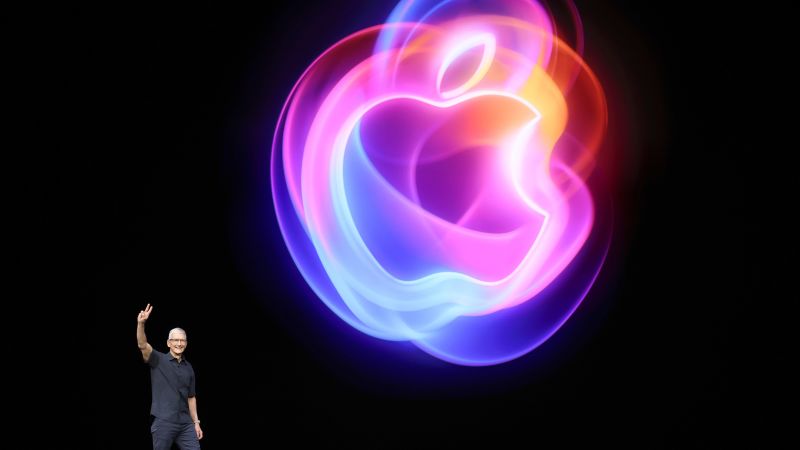Apple is incorporating artificial intelligence features into its phones in an attempt to inspire consumers to upgrade to the latest devices and boost sales. The AI tools introduced with the iPhone 16 include a smarter Siri, the ability to generate custom emojis, and the capability to identify dog breeds through the camera. While these features are intuitive and user-friendly, they are not revolutionary enough to be considered must-have upgrades for consumers.
Despite the excitement generated by the new AI features, it is important to manage expectations as the real-world applications of AI technology are still limited. Investors and customers may need to temper their expectations as the AI tools currently offered are more in the “nice to have” category rather than essential features that would compel consumers to invest in a new device. However, Gene Munster, managing partner at Deepwater Asset Management, anticipates that iPhone sales will surpass Wall Street’s estimates in the upcoming quarters.
During the presentation of the AI-powered iPhone, Apple made a notable effort to avoid using the term “artificial intelligence” in favor of describing the features as “intelligent.” This decision reflects Apple’s awareness that many consumers are apprehensive about AI technology and may be hesitant to embrace products labeled as AI-powered. Research has shown that describing a product as AI-powered can actually decrease a customer’s intention to purchase it, highlighting the need for companies to be mindful of how they present AI features to the public.
Apple’s approach to integrating AI into its devices is a strategic one, aiming to slowly and transparently introduce new features to maintain customer loyalty and avoid past missteps, such as the 2014 U2 album release. While the iPhone upgrade cycle typically generates strong sales, the success of the AI features in driving sales remains to be seen. Customers who have been holding onto older devices may be more inclined to upgrade, but the overall impact of the new AI tools on sales performance is uncertain.
The debate around AI’s role in consumer products underscores the disconnect between the tech industry’s enthusiasm for AI and the skepticism of everyday consumers. Many people have developed a distrust of AI technology due to its perceived lack of authenticity and reliability, leading to skepticism about products labeled as AI-powered. Apple’s decision to downplay the AI aspect of its new features while still highlighting their intelligence and user-friendliness reflects a nuanced understanding of the challenges in marketing AI to a skeptical consumer base.
As the tech industry continues to prioritize AI development, companies like Apple must navigate the delicate balance of promoting innovative features while addressing consumer concerns about AI technology. By emphasizing the practical benefits and user-friendly nature of its AI tools, Apple is positioning itself to appeal to a wider audience of consumers who may be hesitant to embrace AI-powered devices. Ultimately, the success of Apple’s AI integration will depend on how well it can bridge the gap between tech enthusiasts and mainstream consumers who value simplicity and reliability in their devices.


